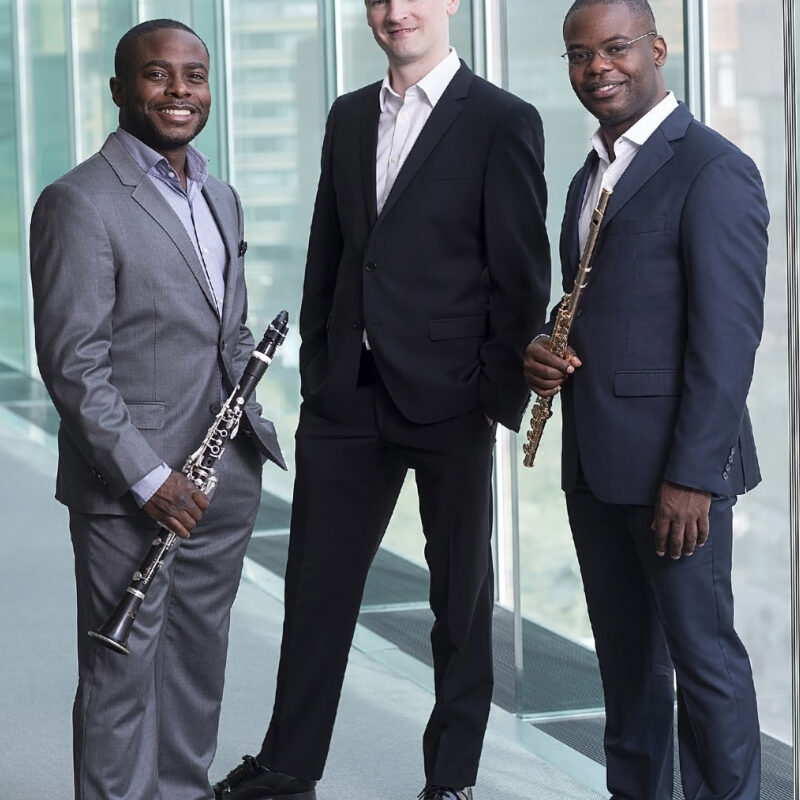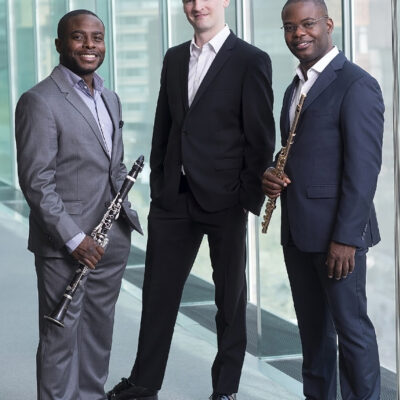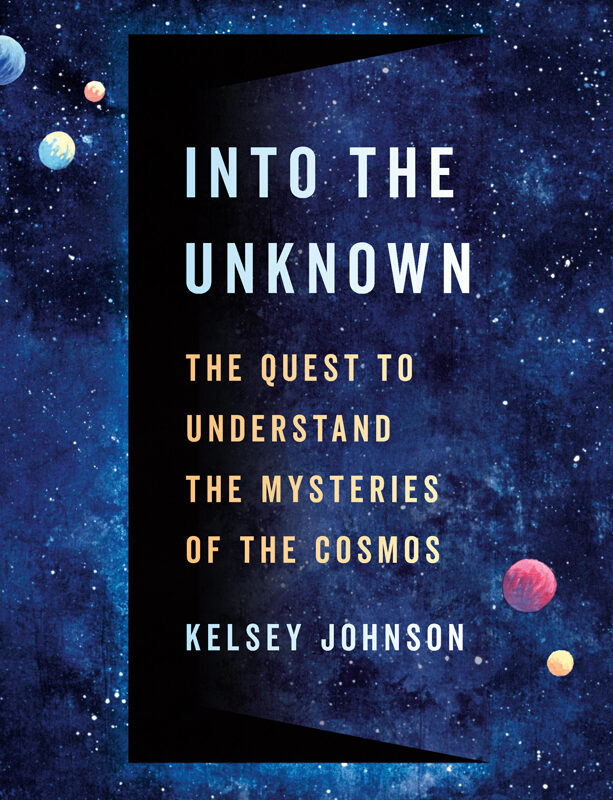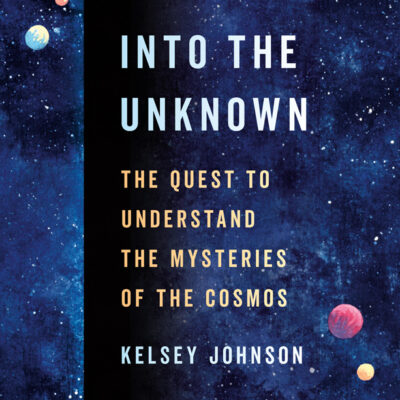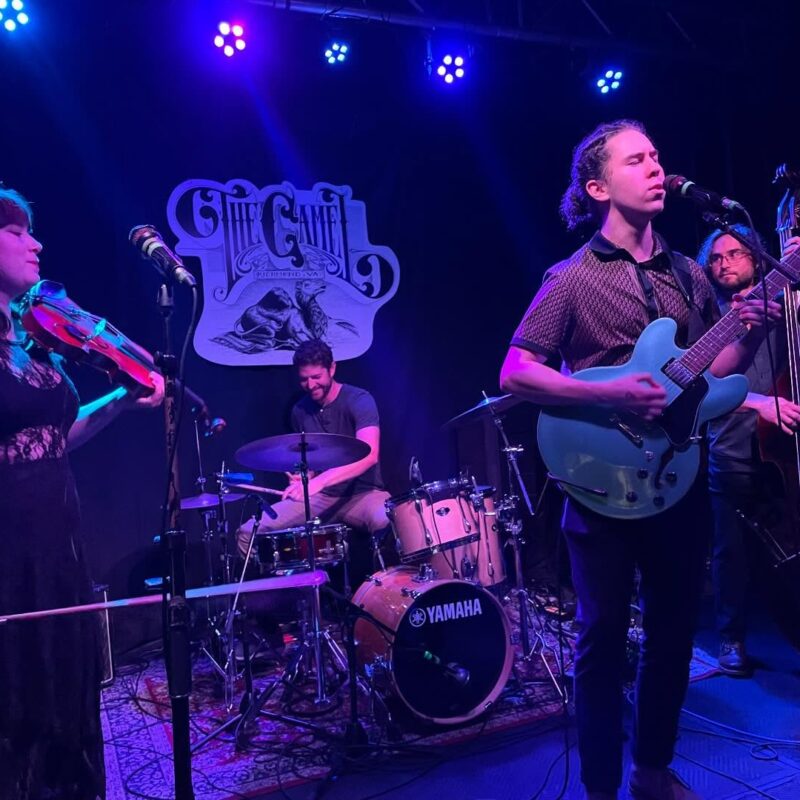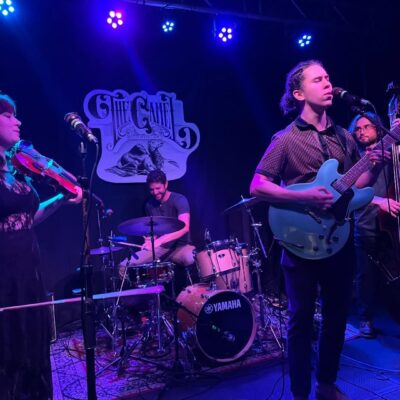Like many ideas, singer Richelle Claiborne’s latest musical endeavor came into focus after a couple of bourbons.
She had a story she wanted to tell—one about her creative influences, her ancestors, herself—and she wasn’t sure how to express it. An artist of many talents, Claiborne could work it out through poetry, a spoken word performance, or a play, but the more she thought about it, music seemed to be the only option.
After some sipping and talking with her friend, guitarist Jamal Millner, she had it—she’d perform her personal history through black music: blues, jazz, funk, and soul, reggae, R&B, and maybe a little rock ‘n’ roll.
The resulting show, “Richelle Claiborne: Black Music Excellence Through the Ages,” is at The Front Porch on Friday night, where Claiborne will be backed up by a live band of musicians she’s known for many years: Ti Ames (vocals), Bud Bryant (bass), Rob Hubbard (drums), Ivan Orr (keyboards), and Tucker Rogers (guitar).
Claiborne’s been singing on Charlottesville stages since she joined the First Baptist Church cherub choir at age 4 (how many years ago, she won’t say). She sang as part of her church’s youth ministry, in gospel choirs, in her bedroom, and just about everywhere else. Claiborne remembers the women at church clapping their hands and saying, “Oh, yes, baby! Oh, you sound so good!”—and while you can trust your mama’s and grandmas’ and aunties’ opinions on just about anything, you do so knowing how much they love you, Claiborne says, raising one quizzical eyebrow and pursing her lips before bursting into a fit of laughter.
In college, Claiborne walked out of her Rutgers University choir audition—the idea of having to audition for a non-competitive gospel choir, and one without some sort of record deal, was absurd to her—and onto open mic stages.
That’s when she started “rippin’ it up,” she says, singing not only gospel but jazz, soul, and funk—covers at first, then originals. When she returned to Charlottesville, she sang with a few groups, including Soul Sledge, and in various local theater performances. Claiborne knows this is her outlet, her release, and her higher calling.
“There are many different ways to get to God, here on the planet,” says Claiborne. “When I am pouring myself into whatever artistic outlet I’m choosing to pour myself into, that’s another way that I connect with my ancestors, with the divine…” It’s a lot to bring into a performance, to translate for and convey to an audience, and Claiborne jokes that she might have to start selling waterproof mascara at the door of all her shows (you know, for all the criers).
On Friday, there will be space to cry, says Claiborne, but there will also be space to dance, to laugh, and to get down with it when the groove hits. She’ll perform songs from a variety of genres, all written and recorded by black artists, that explore life’s highs and lows (you can’t appreciate one without the other, she says). A script ties the individual songs together, and focuses on formative moments, such as the birth of her daughter. “Once you reach a certain age,” she says, “the passing of time is not nearly as important as the moments that happen.”
Claiborne only hints at which songs she’ll sing: she and Ames will do an a cappella duet of a Sweet Honey in the Rock song; there will be at least one gospel song, some medleys, some contemporary songs, and a few choices that she expects will surprise her audience. “It’s not the history of black music,” says Claiborne. “It’s my history through black music—how all these different genres have impacted and affected me, or represented me, is the thread that ties it all together.”
She weaves her bandmates in, too: many of them have been present for the moments Claiborne explores in the show. Ames is Claiborne’s cousin; Claiborne, Orr, and Rogers have been friends since high school; and Claiborne and Bryant go way back, to when they were hanging out, listening to the Chickenhead Blues Band and the Hogwaller Ramblers at Durty Nelly’s. These connections are “feel-able,” says Claiborne, because she loves these musicians and they love her in return, and that’s a solid foundation for music-making.
In singing this collection of songs, Claiborne wants to convey the breadth and the depth of what music means to people of color. “It is used for healing. It is used for sending messages. It is used to celebrate. It is used to mourn. It embraces and embodies every emotion that you can possibly have, and every purpose that you could possibly use it for,” she says.
In a single day, you might sing to mourn the dead, celebrate good news, or rock a baby to sleep.
“It’s everything,” says Claiborne. “It’s the most powerful medium we have. Music is it for me.”
Richelle Claiborne honors her ancestors and fellow musicians at The Front Porch on March 29 at 8pm.
Tristan Williams
